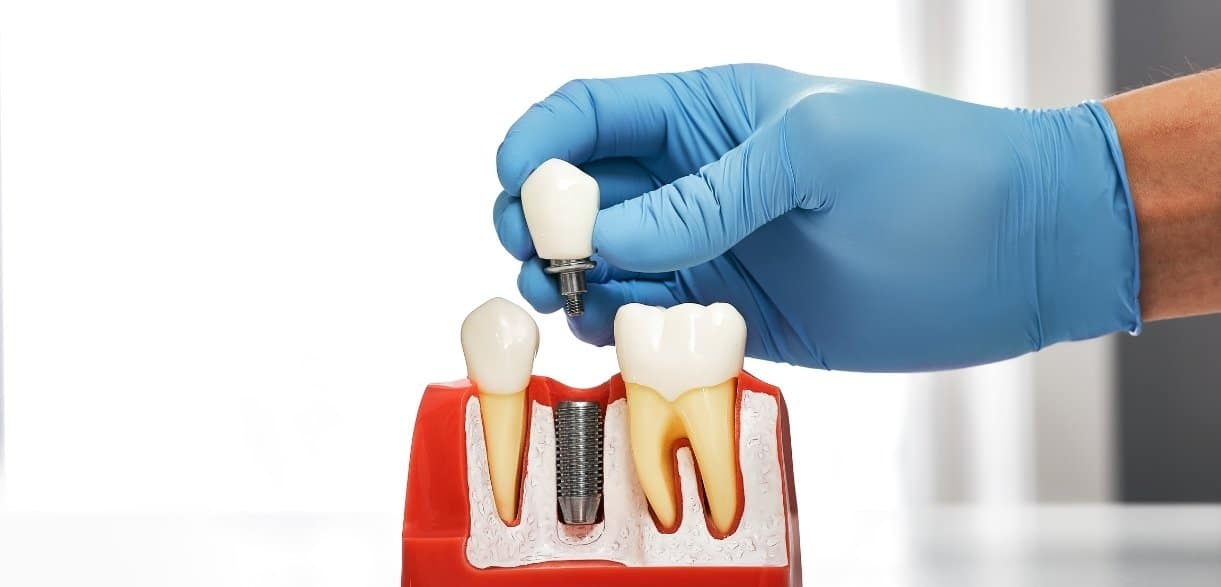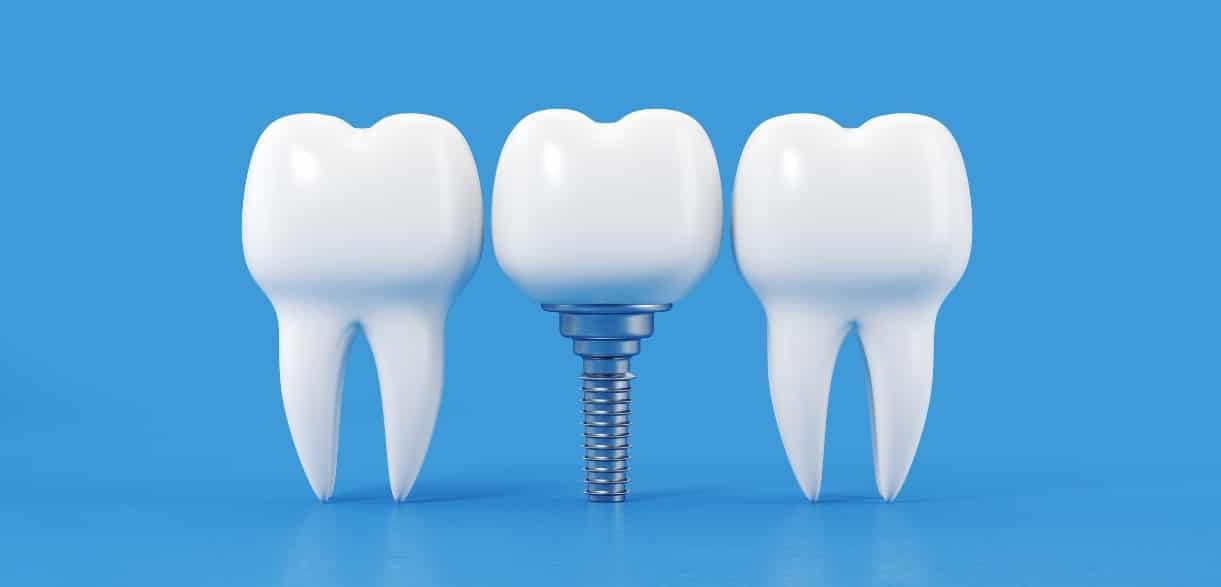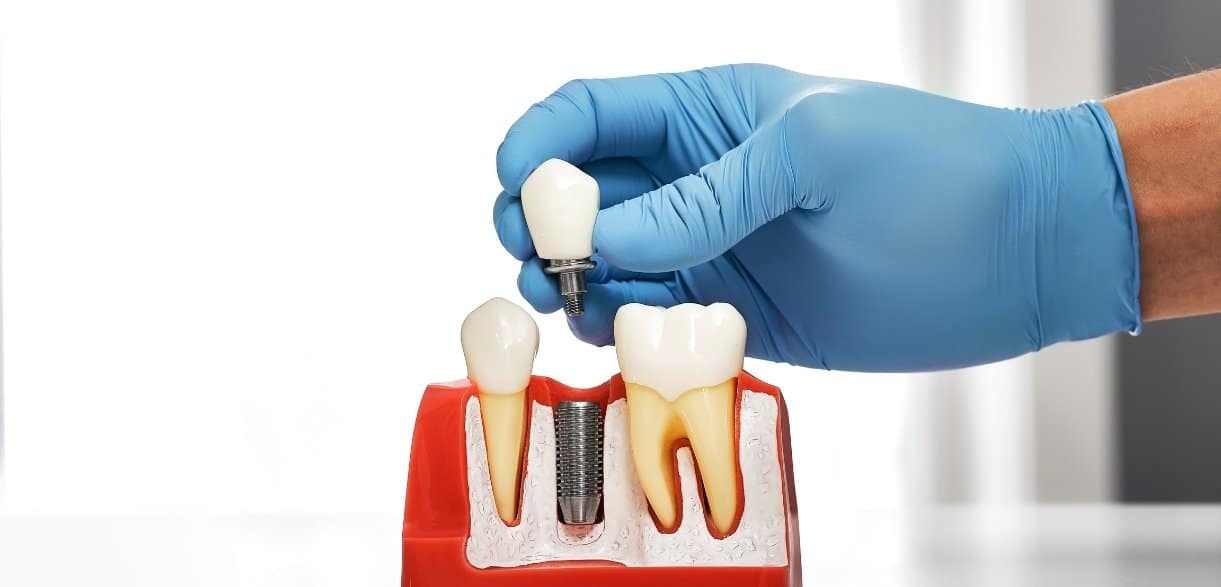
Dental implants illustrate the pinnacle of prosthodontics as the closest to recreating real teeth. They are permanent and as strong as natural teeth. Moreover, they are visually indistinguishable after the installation.
You will find the vast majority of people eligible for implants. However, there are some cases where this treatment cannot be viable. This blog will explain the factors that make you eligible for dental implants.
Factors Making You Eligible for Dental Implants
Below are some vital factors that affect your eligibility for implants.
Age and Facial Development
Any future changes in the size and shape of the jaw could prove problematic for the success of implants. This is because implants need a firm foundation. For that, professional dentists mostly will frequently decline to perform the installation of implants on patients under the age of 18. However, based on the cases, dentists may consider exceptions after analyzing the jaw development level.
You will be glad to know that there is not an upper limit on the eligibility age for dental implants in Miami Gardens. If you have a healthy jaw and do not have significant risk factors, you will get permanent tooth restoration with implants, even if you are 80 or older.
Jawbone and Gum Health
Both of them have a vital role in the implant success. The titanium root of an implant fuses with the jawbone. It helps the implant stay in place. This process is known as osseointegration. If the jawbone does not have the proper density to secure the implant, this will fail. Dentists, in some cases, can overcome this limitation by grafting bone tissue from other parts of the body.
Implant roots get further protection and support from gum tissue. Moreover, gum tissue also offers a platform for the crown to rest on. Gum degradation is usually a sign of periodontal disease. Therefore, it presents another obstacle for implant installation.
Patients with this disease will often keep on losing gum tissue unless they make sound changes to their oral hygiene habits. They are also at a higher risk of infection after implantation.
Current Medications
You must understand the risks and potential side effects of all medications you are on before you consider any surgical procedure. This is similar to implants. Specifically, you must be aware of medications that may interfere with anesthesia used at the time of implant surgery.
Make sure you avoid aspirin and NSAID pain relievers for the week prior to getting the treatment to prevent excessive bleeding. You also have to remember to disclose any prescription medications you are taking to your dentist. This will help you offer more detailed information on what is safe. Sometimes, dentists recommend acetaminophen if you need pain relievers after the surgery.
Other Risk Factors
Alcohol and tobacco use can both inhibit healing in bone and gum tissue. Moreover, tobacco smoke can lead to dry mouth and escalate infection risk. You can minimize the chance of implant rejection if you abstain from these and other recreational drugs.
In addition, patients suffering from systematic diseases like Parkinson’s disease, diabetes, and certain autoimmune diseases are at greater risk of infection or implant complications. Osteoporosis, its medication, and other bone deterioration diseases can lead to implant complications.
Simultaneously, dentists can decline patients with psychological issues and other conditions that make it impossible or difficult to care for the implant post-surgery.
If you want to know if you are eligible for dental implants, you can talk to our dentists. Having years of experience and expertise, we can answer all your questions and concerns.



